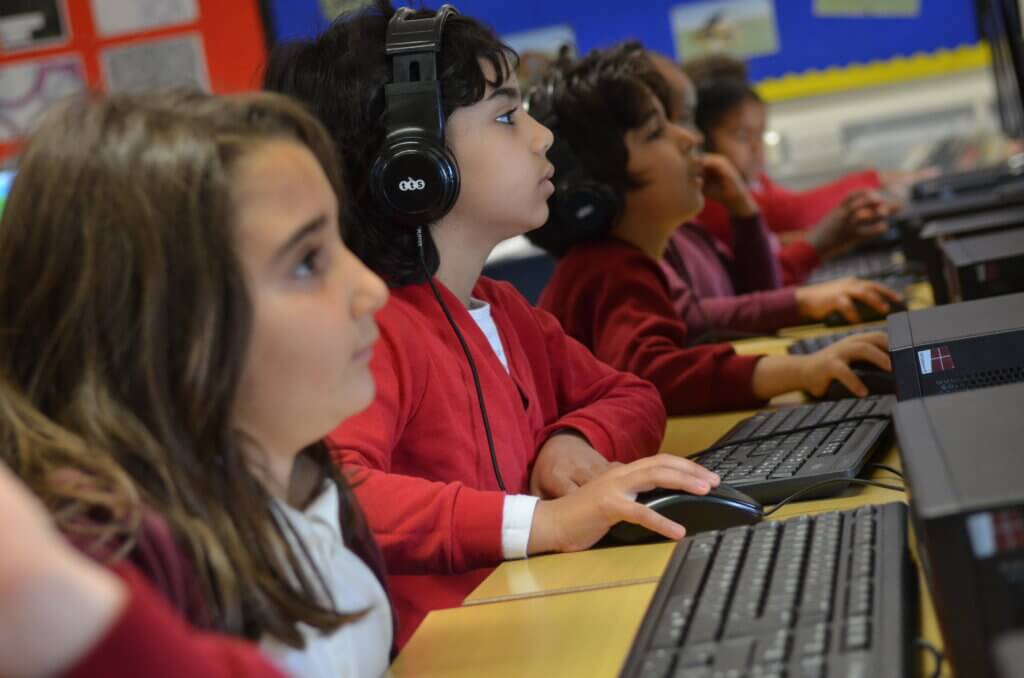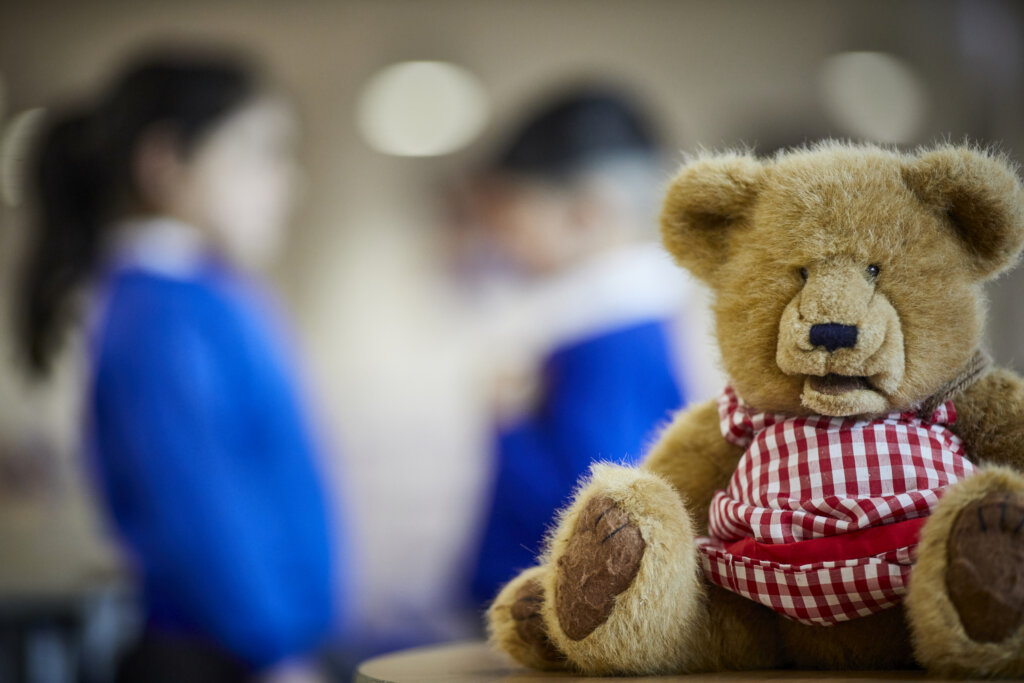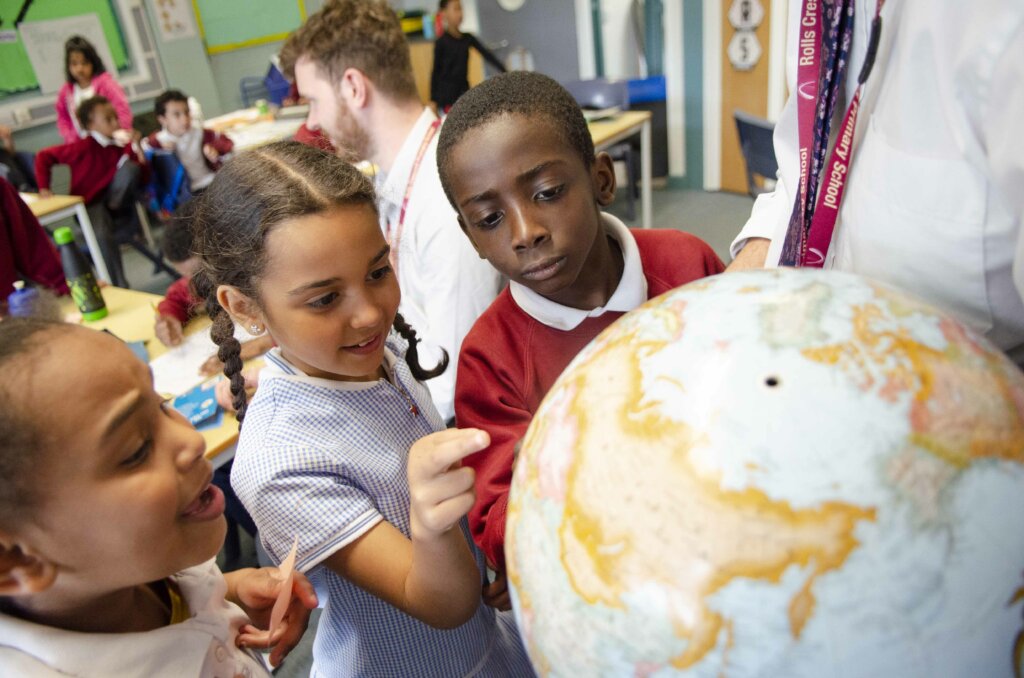Artificial Intelligence (AI) cuts lesson planning time by 31%
Research shows that teachers who use ChatGPT, alongside a guide to support them to use it effectively, can reduce time spent on lesson planning by 31%. ChatGPT is a generative artificial intelligence chatbot that can communicate with users in a human-like way. The Education Endowment Foundation (EEF) has commissioned a trial, led by the National Foundation for Educational Research (NFER), to investigate teachers’ use of ChatGPT to plan lessons and resources and assess its impact on teacher workload.
259 teachers in 68 secondary schools across England took part in the research. Of those, 129 teachers in 34 schools were randomly selected to use ChatGPT to support lesson and resource preparation for their Year 7 and 8 science classes. Specifically, they used it to help with tasks such as ‘creating questions and quizzes, generating activity ideas, and tailoring existing materials to specific groups of pupils.’
On average, teachers that used ChatGPT saved 25.3 minutes from their weekly planning time. This brought their Year 7 and Year 8 planning time down to 56.2 minutes per week, compared to 81.5 minutes in the control group. As well as looking at the impact of ChatGPT on teacher workload, the research also considered its impact on lesson quality. An independent panel of teachers reviewed a sample of the lesson materials and resources. Analysis indicated there was ‘no noticeable difference in quality between the two groups.’
Emily Yeomans, co-Chief Executive at Education Endowment Foundation emphasises the potential of ChatGPT and other artificial intelligence technologies to address the ‘unmanageable, high workload’ that is driving the teacher recruitment and retention crisis. She says further research is now needed to, ‘build a far clearer picture of the best use of AI in education.’
Government proposes a 2.8% pay rise for teachers
The government has submitted evidence to the School Teachers’ Review Body (STRB), recommending a 2.8% pay rise for teachers in 2025-26. This comes after teachers were awarded a pay rise of 5.5% this year and 6.5% the year before. Ministers believe that a 2.8% pay rise would ‘maintain the competitiveness of teachers’ pay despite the challenging financial backdrop the government is facing.’ However, four education unions – the Association for School and College Leaders (ASCL), National Education Union (NEU), NAHT the school leaders’ union, and NASUWT – have written to the Education secretary to express their concerns.
In a joint letter, unions write that this pay rise is likely to represent another real-terms cut based on current predictions for Retail Price Index (RPI) inflation. They argue the recruitment and retention crisis will not be solved ‘until and unless the government provides the investment needed to properly value, recruit and retain teachers and school leaders.’
Moreover, the government has said that schools will be expected to fund the pay award from the £2.3 billion provided in the Autumn Budget, alongside their existing funds. The government acknowledges that ‘for many schools this will mean reprioritising some of their budget.’ Yet, recent research reveals that just 3% of primary schools and 6% of secondary schools describe themselves as “financially secure.” Unions therefore argue that any further efficiencies are likely to result in cuts to provision and reduce the quality of education. The Department for Education (DfE) has said it will support schools to get the most out of their budgets.
485 children affected by serious child safeguarding incidents
This week, the Child Safeguarding Practice Review Panel published its fifth annual report, revealing that 485 children were affected by serious child safeguarding incidents between 1 April 2023 and 31 March 2024. This is when a child dies or is seriously harmed, and abuse or neglect is known or suspected. The Panel is an independent body that was set up to identify, commission and oversee reviews of serious child safeguarding cases. During the most recent review period, almost half of incidents were due to the death of a child and almost half were due to serious harm. The age distribution of children remains similar to the previous year, with under 1s still experiencing the most harm, representing a third of all incidents. However, children between 16 and 17 made up the second largest group, overtaking 11 to 15-year-olds.
The Panel identified safeguarding children with mental health needs as one of the key themes in their analysis. Over a fifth of children were recorded as having a mental health condition, either diagnosed or undiagnosed. The overwhelming majority of these children were aged between 11 and 17. Just over half of children with a mental health condition died. Suicide was the most common likely cause of death (64%) in these incidents. The report says it is vital that the Department for Health and Social Care, NHS England, and other relevant bodies work with the Department for Education ‘to ensure there is sufficient and appropriate mental health support available for vulnerable children.’
Another key theme was safeguarding preschool children with parents with mental health needs. Notably, over half of incidents involving the death or serious harm of a child aged 1 to 5 involved a parent or relevant adult with a mental health condition. Parental mental health was often overlooked as a potential risk factor when considering parents’ capacity to care for their children. As the new Mental Health Bill progresses through Parliament, the Panel calls for greater measures for supporting effective partnership working between adult mental health services and children’s services.
Chair of the Child Safeguarding Practice Review Panel, Annie Hudson, says that one of the repeated lessons from analysis of serious incidents is that agencies must continue to enhance how they work together, explaining that ‘only when teachers, doctors, social workers, nurses, police and other professionals share information together is it possible to understand what is happening in a child’s life’ and make the timely, sensitive decisions that may be necessary. In light of these findings, the Panel is calling on the government to ensure at-risk children are at the heart of strategies to break down barriers to opportunity.
★ Our Pupil Attendance & Safeguarding experts can support you with all aspects of pupil attendance and safeguarding. We can deliver Safeguarding Audits to ensure your policies and procedures are in line with good practice and all statutory requirements.
We can also offer Professional Casework Supervision and Training, supporting your school with best practice informed by the latest research and critical reflection.
Please get in touch for more information.
One Education works closely with school leaders, teachers and support staff to create a safe and supportive learning environment in which every child can thrive.
Get in touch to find out how we can help your school.
Please complete the form below and we will get in contact as soon as we can to help you with your query.















